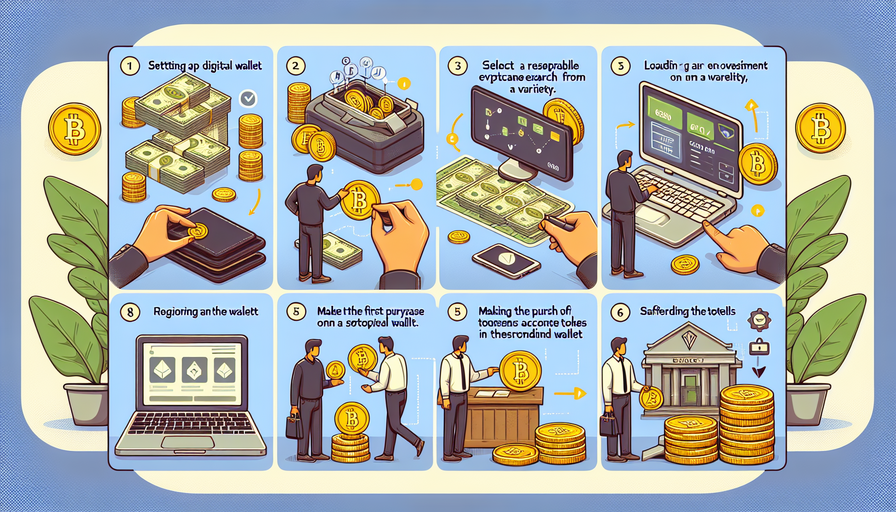In today’s digital age, access to the internet is crucial for various aspects of our lives. However, there are times when certain websites are blocked due to restrictions imposed by governments, institutions, or network administrators. This can be frustrating, especially when you need information from a particular site urgently. In this guide, we will explore different methods on how to unblock websites effectively.
Method 1: Using a VPN (Virtual Private Network)
One of the most popular and effective ways to unblock websites is by using a VPN. A VPN allows you to create a secure connection to another network over the internet, encrypting your data and masking your IP address. This makes it appear as though you are accessing the internet from a different location, bypassing any restrictions in place.
1. Choose a reliable VPN service provider.
2. Download and install the VPN software on your device.
3. Open the VPN application and connect to a server located in a country where the website is not blocked.
4. Once connected, you should be able to access the blocked website without any issues.
Method 2: Using Proxy Servers
Another method to unblock websites is by using proxy servers. Proxies act as intermediaries between your device and the internet, allowing you to access content anonymously.
1. Search for a reputable proxy server online.
2. Enter the URL of the blocked website into the proxy server’s search bar.
3. The proxy server will fetch the website for you, enabling you to browse it without any restrictions.
Method 3: Changing DNS Settings
Sometimes websites are blocked based on DNS settings. By changing your DNS server settings, you can bypass these restrictions and access blocked websites.
1. Go to your device’s network settings.
2. Locate the DNS settings and change them to public DNS servers like Google DNS (8.8.8.8 and 8.8.4.4).
3. Save the changes and try accessing the blocked website again.
Method 4: Using Tor Browser
Tor Browser is another effective tool for unblocking websites and maintaining anonymity online. It routes your internet traffic through a network of volunteer-operated servers, hiding your IP address and bypassing censorship.
1. Download and install Tor Browser on your device.
2. Open Tor Browser and connect to the Tor network.
3. You should now be able to access blocked websites securely and privately.
In conclusion, there are several methods available for unblocking websites depending on your specific needs and circumstances. Whether you choose to use a VPN, proxy server, change DNS settings, or utilize Tor Browser, it’s essential to prioritize your online privacy and security while accessing restricted content.


